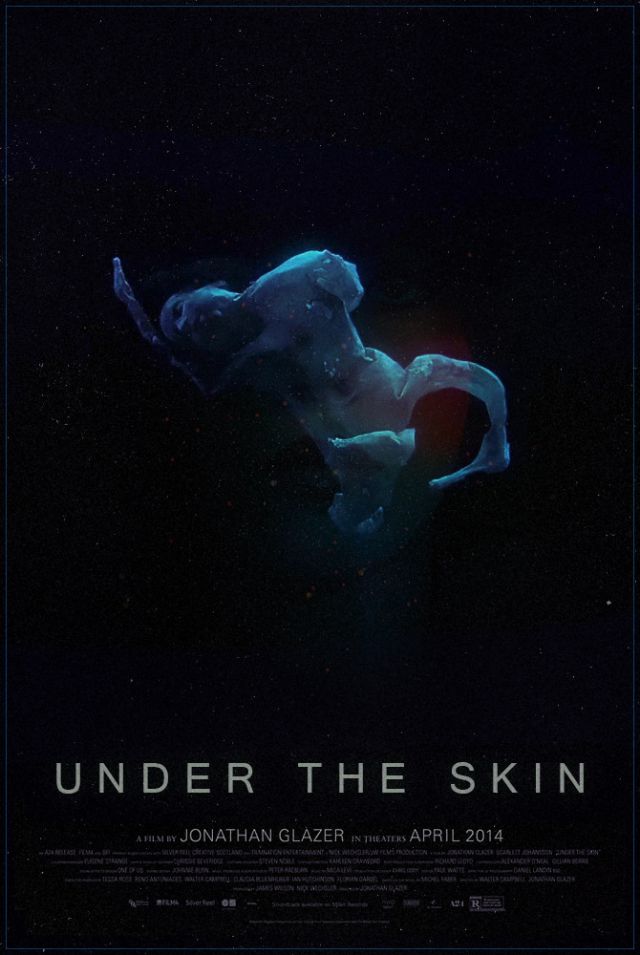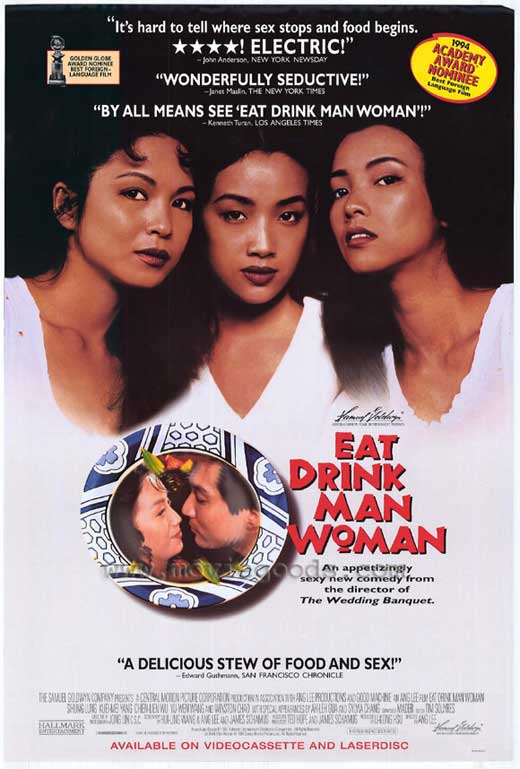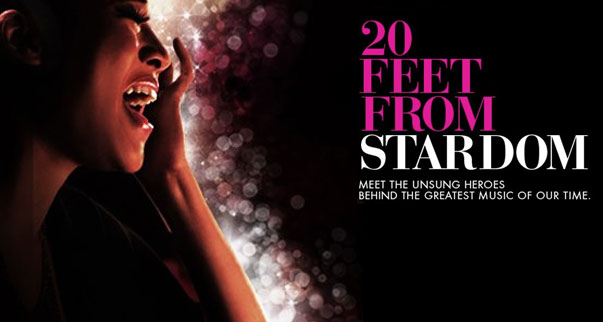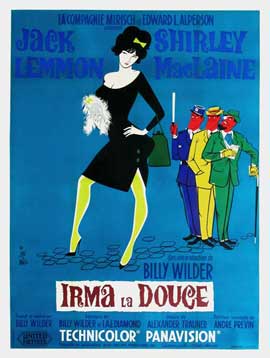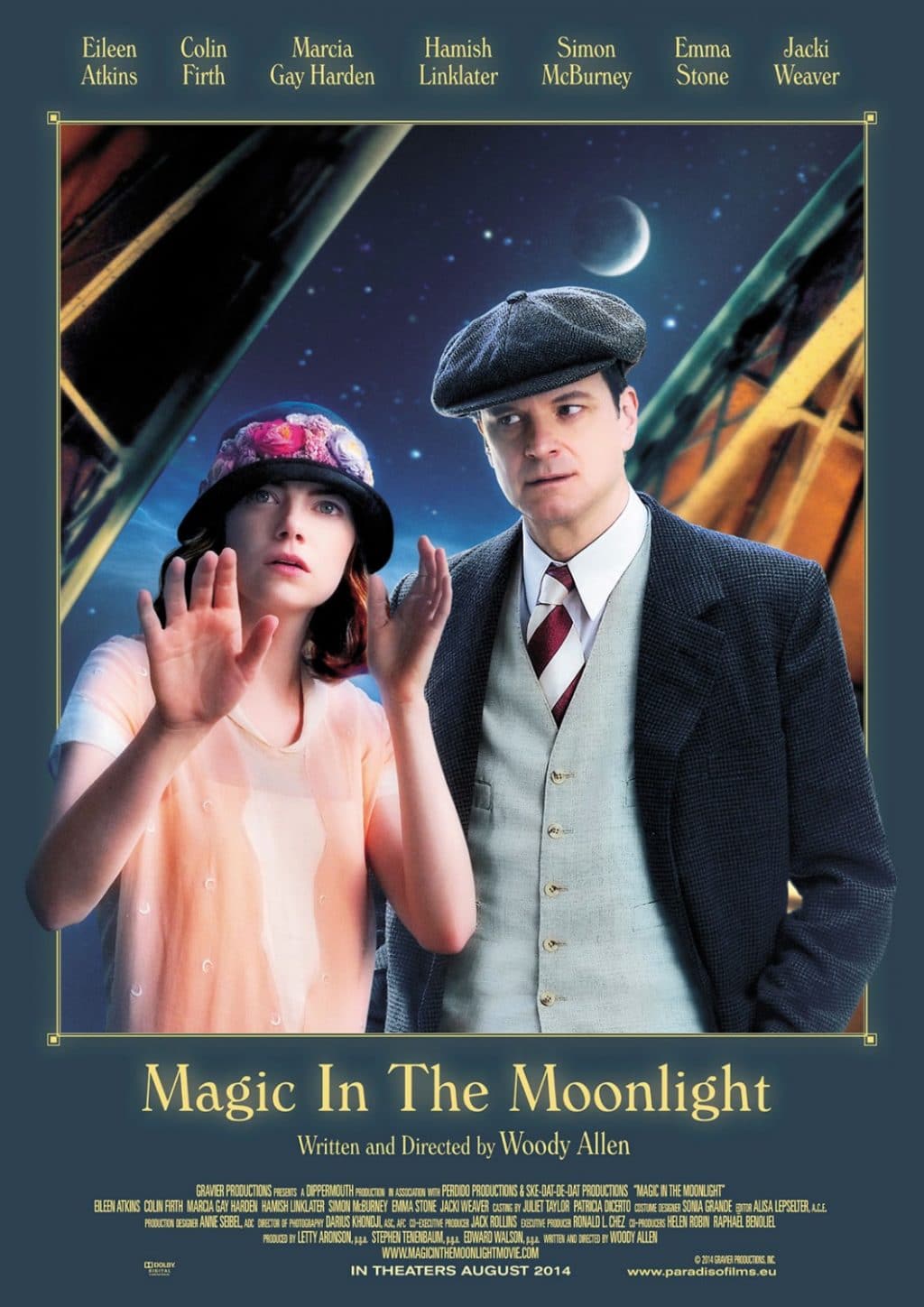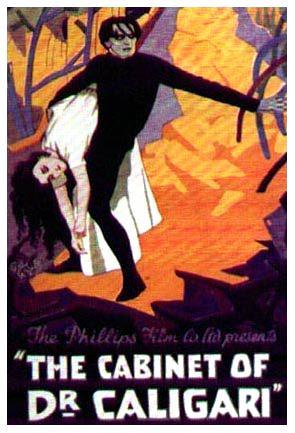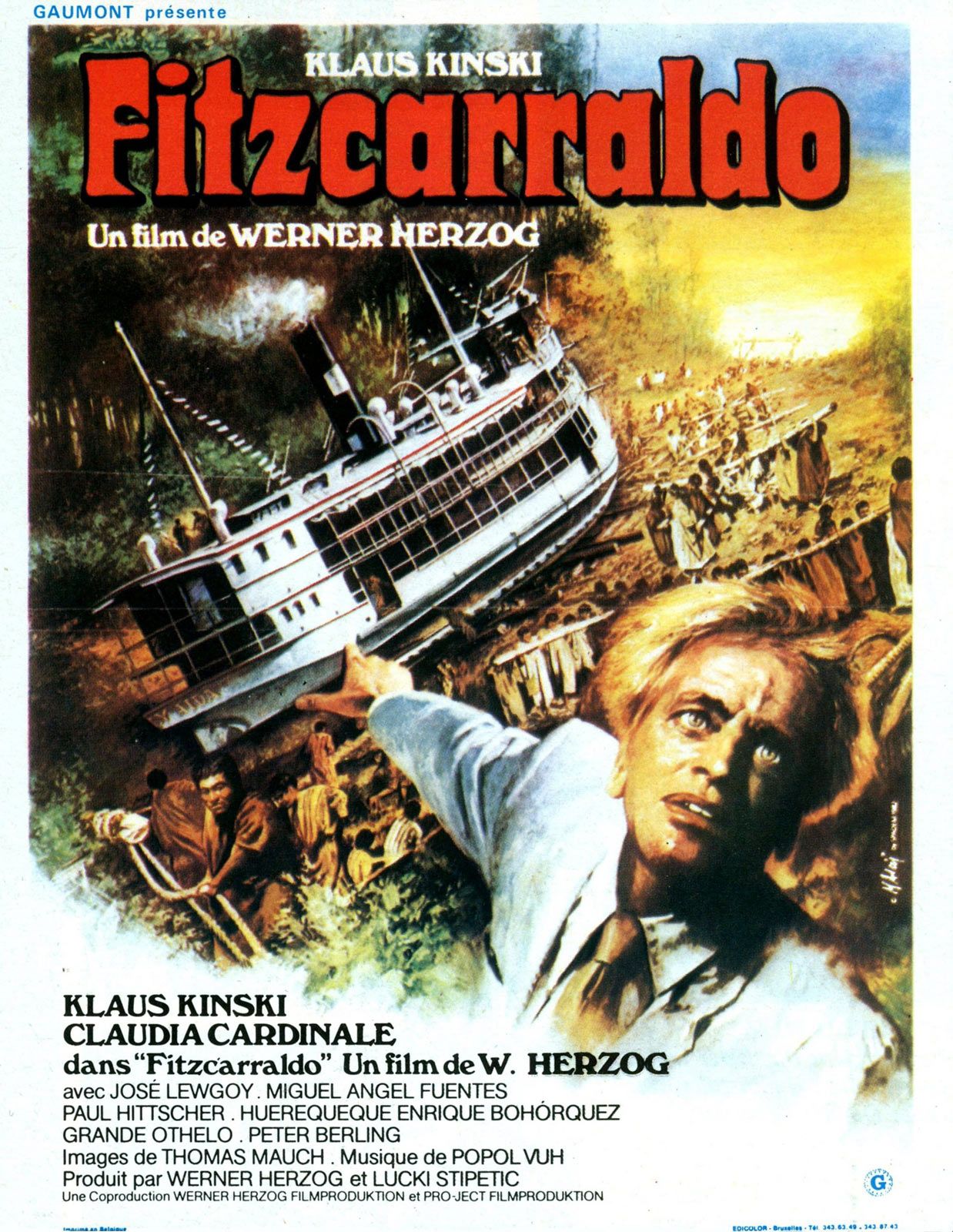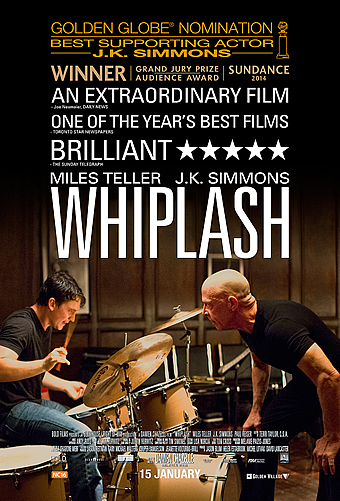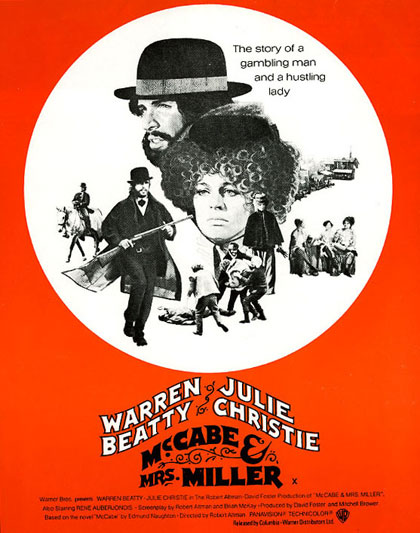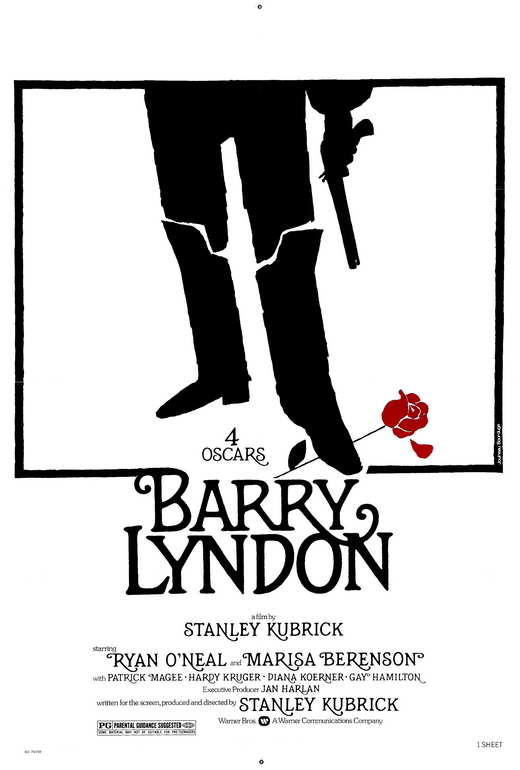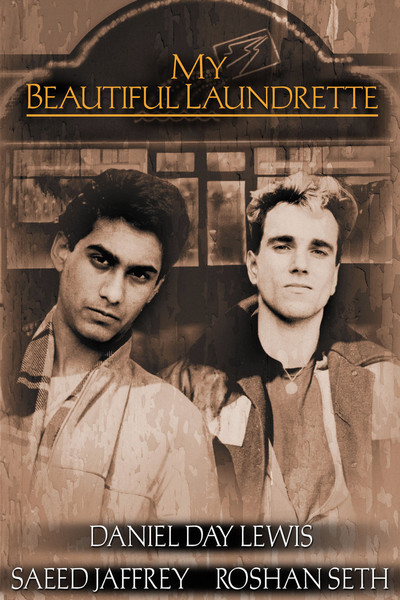
Director: Stephen Frears
To understand this film, it helps to know the political landscape it was reacting to; Thatcher's Britain. Society, she said, no longer existed, and it was about the individual. Frears' film looks at this idea as it operates in a community of British Pakistanis and some fascist youths. The corruption of capitalism and racism on family relationships is explored through our main character Omar, who wants to be successful like his uncle, who runs a slew of local businesses.
Of all the relationships in the film, the one that is the most genuine and honest is that between Omar and Johnny, his friend from school who has since become a fascist. They put aside any differences, as Omar offers Johnny a job helping him refurbish a run-down laundrette, and become lovers again. Making the interracial, homosexual relationship between these two the film's heart would have been daring for the time.
The performances in the film are all very good, with Daniel Day-Lewis as Johnny and Saeed Jaffrey as Uncle Nassar as the standouts. The cinematography, with its grainy film, adds to the bleak and stark England presented by the film. The story is a clever one, supplying no simply black-and-white characterisations, but giving each character choices to make about how they act, and these choices have ramifications on others. A very good film that explores issues and ideas through well constructed characters.









